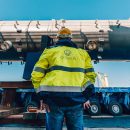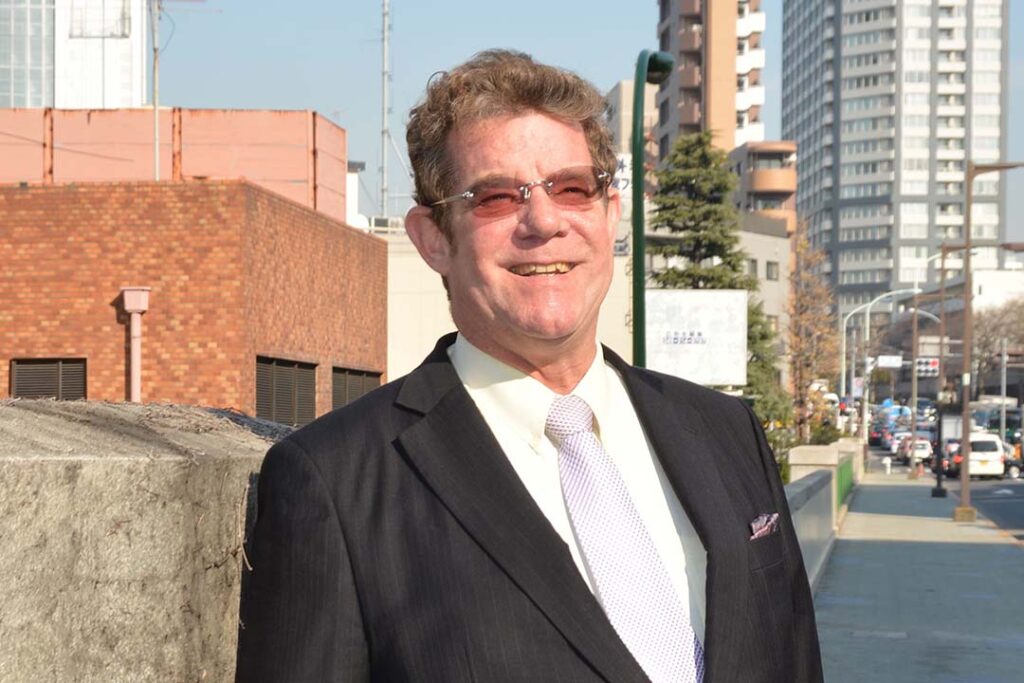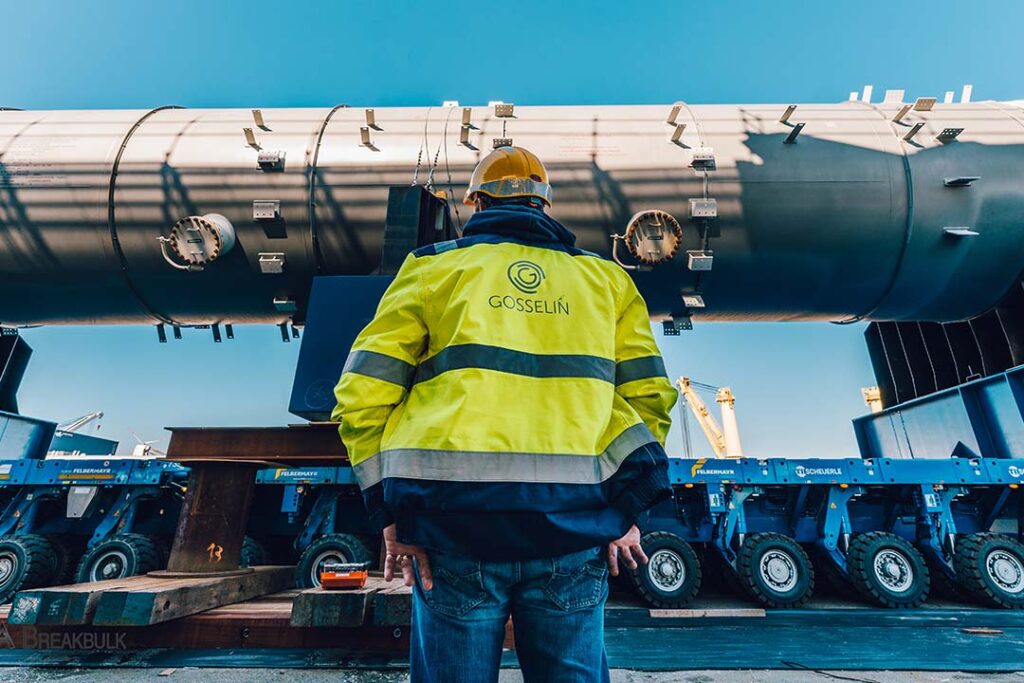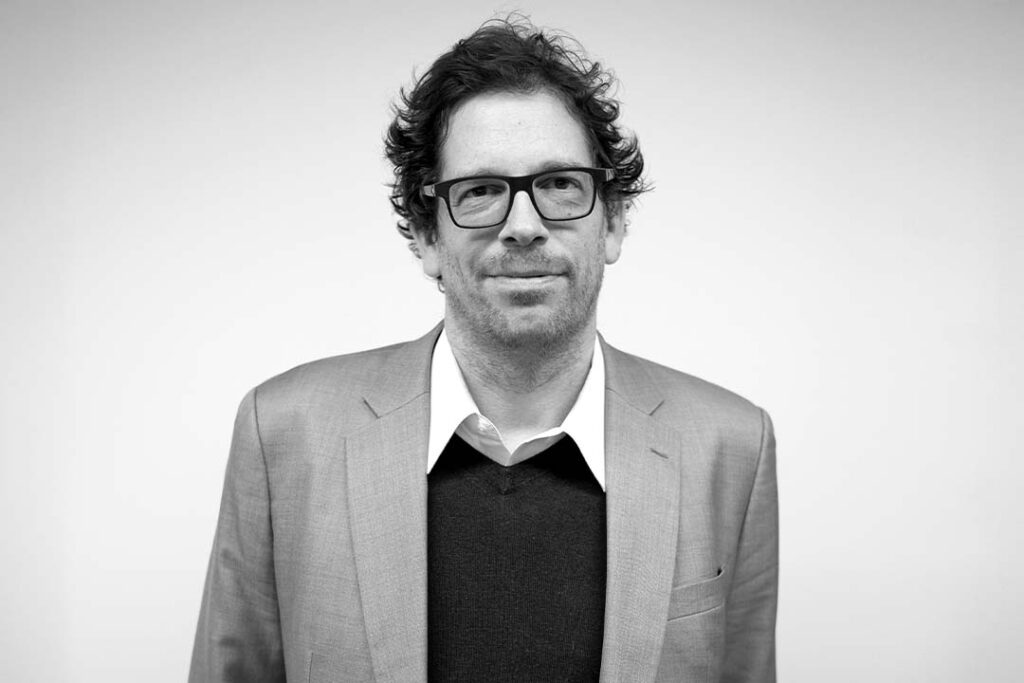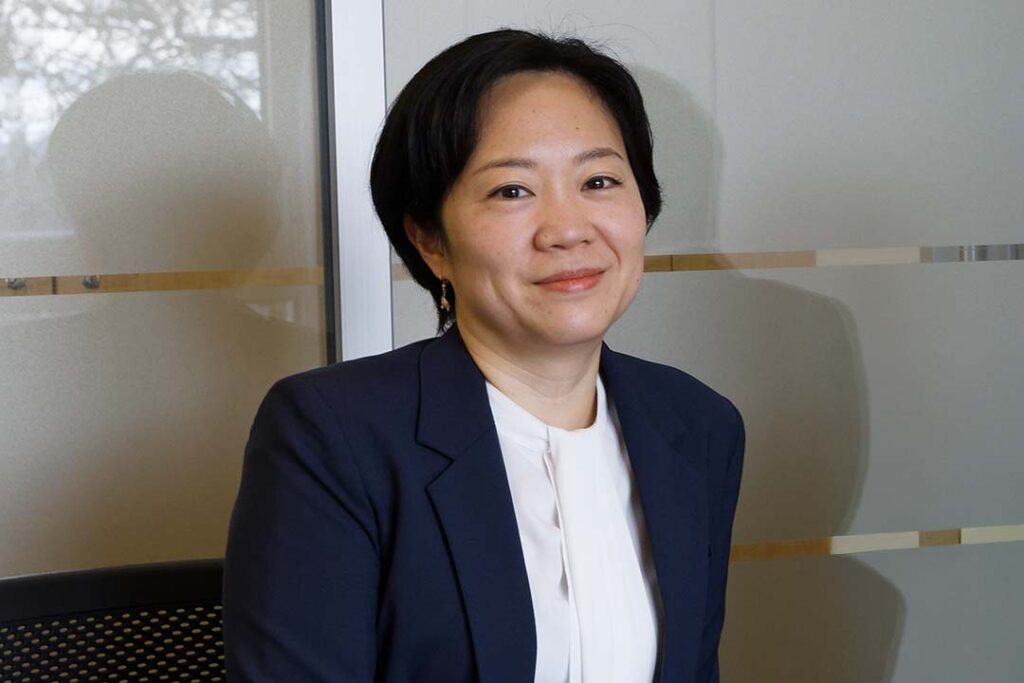With operations in Belgium dating back to 1978, Honda Motor Europe Logistics (HMEL) transports Honda cars, motorcycles, power products and industrial engines to Honda dealers and distributors across Europe.
The Japanese car giant’s European headquarters for product logistics and parts sales is located at one of Europe’s largest ports: the North Sea Port.
In 2014, HMEL merged with the Honda factory, which was established in 1962, in Aalst, on the Dender River in Belgium. Last year HMEL’s sites were certified as Sustainable Development Goal Pioneers by the United Nations for their sustainability initiatives.
Bridges (by Synergy Media Specialists) spoke with HMEL President Yoshiaki Nisa.
Bridges: How important is Belgium within Honda’s European business?
Nisa: HMEL is at the heart of logistics for all spare parts and product lines. Our warehouses and parking areas are located in the North Sea Port and are easily accessible by boat, truck and train and in recent years, we have used barges for the transport of certain categories of spare parts. We handle around 25,000 parts orders on a daily basis.
Next to our operational importance, HMEL contributes significantly to Honda’s European turnover, mainly through sales of spare parts and industrial engines. Our Information Services Division (ISD) is also an important pillar of our European IT activities. Our IT associates contribute to solution delivery, ISD planning and service management.
Honda, along with other Japanese companies, continues to flourish today in Belgium.
YOSHIAKI NISA, President Honda Motor Europe Logistics
What are Belgium’s economic strengths?
Belgium has several strengths. First of all, there is the geographical advantage. Belgium is located in the center of Honda’s customer potential, right in the middle of the so-called Blue Banana (the Liverpool-Milan axis). From there, we can deliver to 80% of Honda’s customers within 24 hours. All products and parts reach us via the ports of Rotterdam and Antwerp and are shipped from there by truck or barge. Another strength and one not to be underestimated, is the people. Belgians have a very pragmatic approach and a “can-do” mentality. They like challenges, which is certainly a plus in these current times.
What message do you have regarding Belgium-Japan relations?
When Honda decided to establish its first overseas factory in Belgium in 1962, the company clearly saw a “cultural fit.” Honda, along with other Japanese companies, continues to flourish today in Belgium. This proves that the cultural fit we share as countries and societies is very strong and indeed, future-proof.
Belgium and Japan show great resemblances in their capability to adapt to changes in their environments. This has not changed over the years and is a solid foundation on which to base our future relationship.




